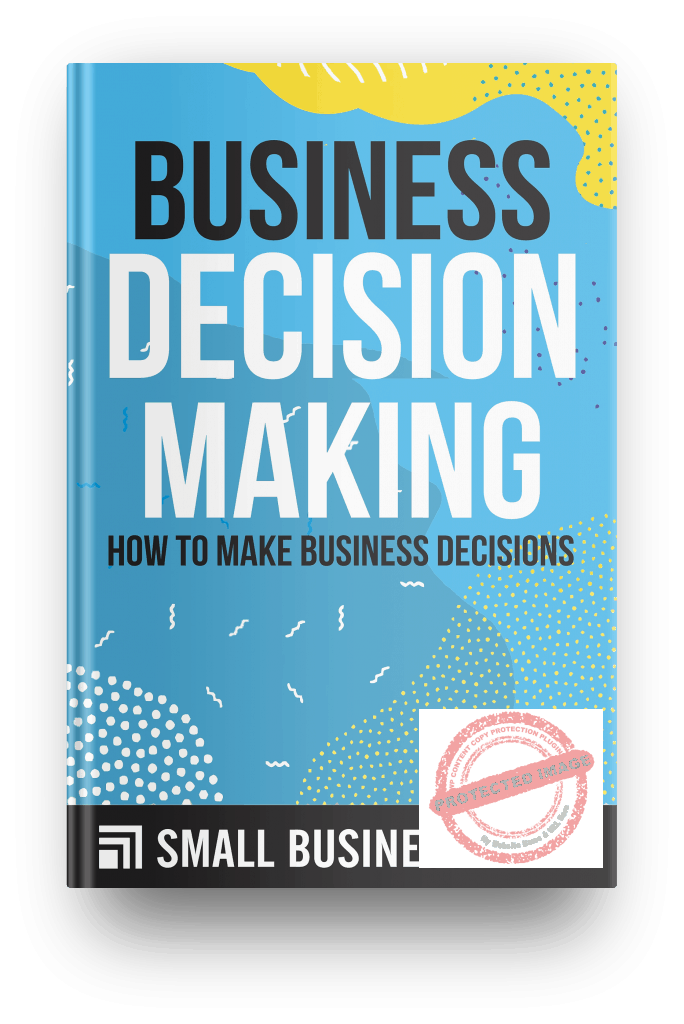They say life is just a series of decisions that have to be made. Some decisions may seem trivial, others can steer your life in a different direction. Then, some decisions could make or break your business. Making good business decisions is a crucial skill that all business leaders need to have.
When you’re at the top of the pyramid, you need to know how to make business decisions that will benefit your entire organization.
Whether it’s deciding on upgrading your current system in favor of better technology or creating a new incentive plan to motivate your sales team, you are only as good as your business decision making process.
The decisions you make not only represents your leadership style but also shows how competent you are.
Business owners and leaders will have to make countless decisions each day, so to give you a better idea of what you’re up against, here are the four categories of decisions that you need to keep in mind:
4 Types of Decisions to Make in Your Business
Routine Decisions

These refer to the day to day decisions you need to make for your business or company to function.
Since these decisions tend to have minimal effects on the organization, leaders often delegate these to those in a lower rank.
Examples of these decisions range from purchasing supplies to whether or not an employee will be allowed to go on leave on a specific date.
Policy Decisions
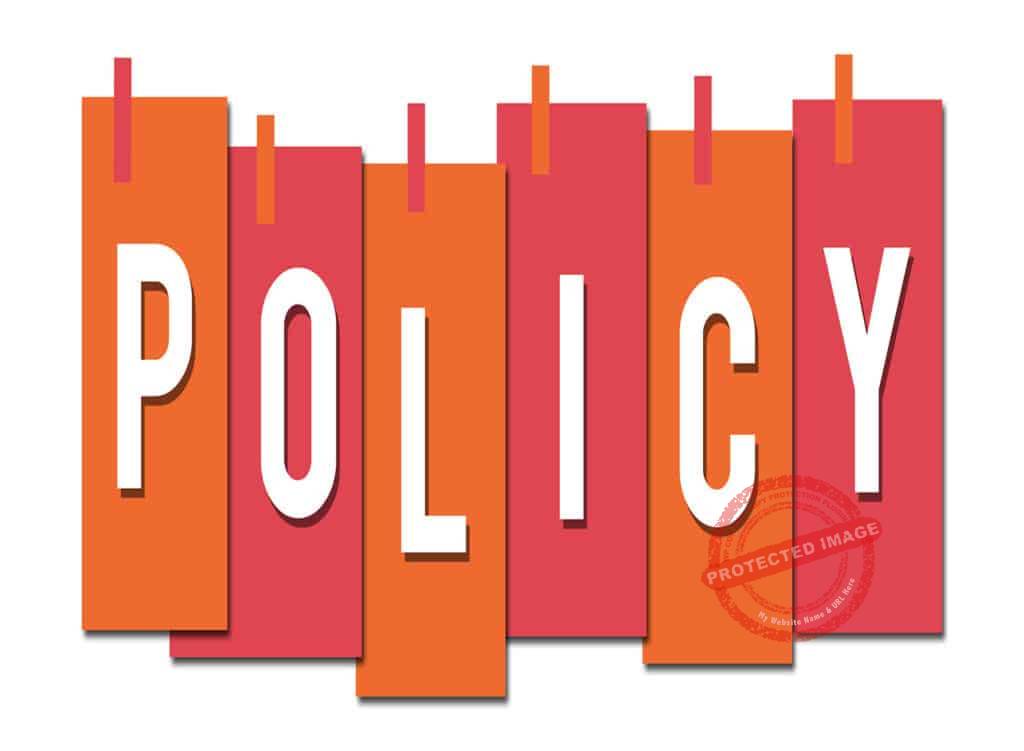
These decisions make up the policy of a company or organization.
They have a long term impact on the organization.
Due to this, it’s usually those in the top tier who make policy decisions.
For example, giving employees an annual performance bonus is considered a policy decision that top management has the final say on.
Organizational Decisions

Decisions that affect the entire organization, whether related to everyday functions or policy, are known as organizational decisions.
These decisions are made within the official capacity of a business owner or those in upper management.
A good example of an organizational decision is evaluating cost-cutting measures that will be implemented across all departments.
Strategic Decisions

These decisions, which are taken on by those in the highest ranks, are made after careful evaluation.
These decisions are often long-term, vision-based decisions.
Strategic decisions typically involve funding or profit so there’s an element of risk involved.
Some examples of strategic decisions are a decision to expand your business into Asia, over the next 5 years.
Another example is, a decision to merge with another company.
Problems that can Hinder Effective Business Decision Making
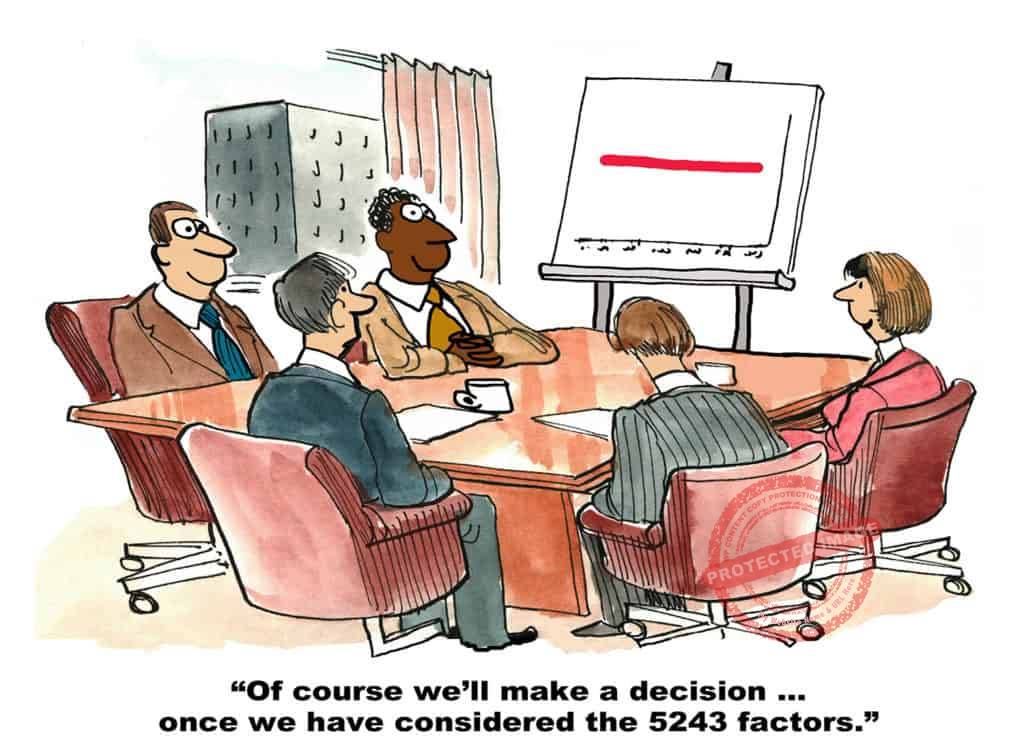
You as the business owner have the final say on the business decision-making process.
Despite this, it important that you get insight from those in your organization that you trust.
You’re not the only one who should be concerned with the decision-making methods in business.
You should put together a strong management team that can help you be accountable, and at the same time, act as your sounding board for your ideas.
Aside from lack of accountability, these are some other things that can prevent business owners and top management from making good business decisions.
There’s Too Much Information

Part of knowing how to make a business decision is collecting information that you can base your decisions on.
While having access to too much information may seem like an advantage, it can also make it impossible for you to look at situations for what they are.
Many leaders have this tendency to overanalyze situations. They end up being paralyzed by information overload.
They delay business decision making to demand more information.
Often this turns out to be irrelevant to the process.
This is why you must set a clear deadline for both the information-gathering stage and the decision-making stage.
There’s Not Enough Information

On the opposite side of the spectrum, not having enough information can also prevent you from making sound business decisions.
When you don’t have enough information to base your decision on, there’s that risk of second-guessing yourself which can hurt your credibility among your peers.
Not gathering enough information, especially when you’re working with a tight deadline, can also lead to reckless decision making that could mean profit loss.
Before you act on a course of action, make sure that you set aside enough time to gather all the important data that you need to enable you to make an informed decision.
There’s a Conflict of Interest

As much as you would like to keep an objective mindset, there are times when you will have your vested interests.
As these interests are not often expressed, it can be difficult to identify and address them properly.
This can quickly lead to a conflict of interest.
Business owners need to take a step back to be able to assess the situation for what it is.
If it’s proven that there is indeed a conflict of interest then a facilitator should be brought into the decision making methods in business.
This way, you’ll be able to rationally explore what’s at stake before you make a crucial decision.
There Are Too Many People Involved

While it can feel overwhelming to be the principal decision-maker in an organization, involving too many people in the decision-making process can turn out to be very chaotic.
Each person has their values, views, and vested interests.
If you’re going to listen to what every single person has to say, it could take your focus away from the decision that you eventually need to make.
It may seem like a good idea to try to get everyone’s input, but for most decisions in the organization, you need only one or two people who are directly involved to make the final call.
The Emotional Attachment is Either Strong or doesn’t Exist

Most people develop a strong emotional attachment to the status quo.
They avoid making any decisions that will ultimately lead to change.
It’s this strong emotional attachment or the blatant lack of it, that makes decision making difficult for any business owner.
While it may seem like the best way to deal with this situation is to “sleep on it” or leave the decision making to another day, the best way is to follow a decision-making process
Having a guide will help you translate a seemingly complicated decision into a viable action plan.
It will also ensure that you don’t linger in the process too long.
Step by Step Guide on How to Make Effective Business Decisions
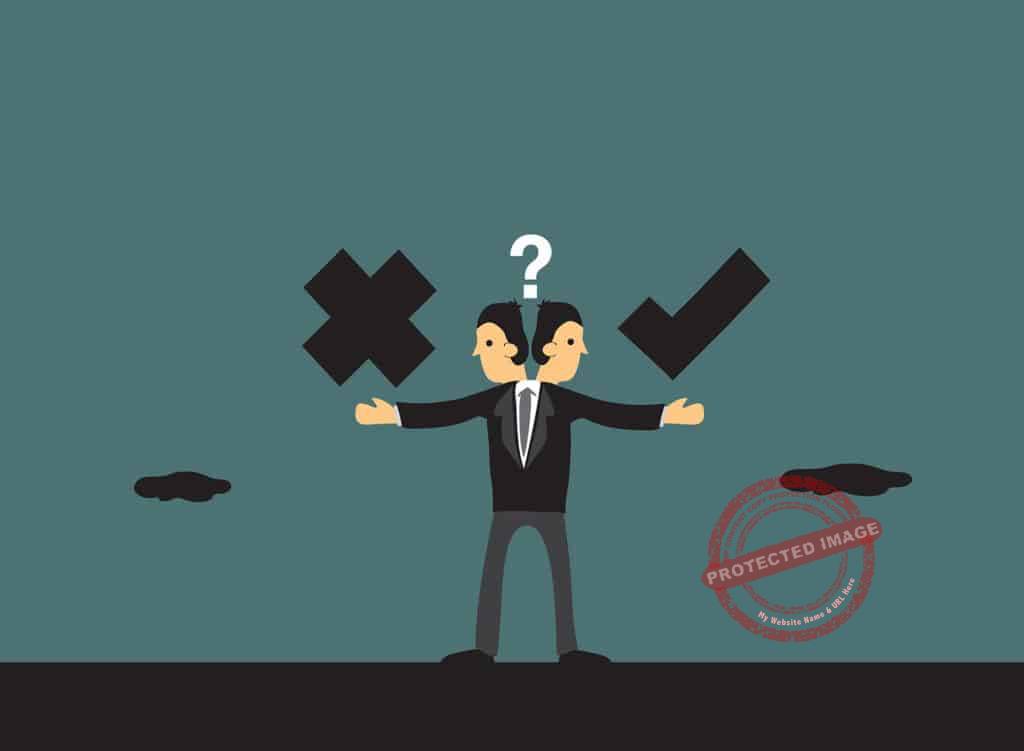
If you want to know how to make better decisions in business, you need to learn how to use both intuition and reasoning.
It’s the only way that you’ll be able to prevent yourself from giving in to your whims.
Following a guide will prevent you from making impulsive reactions when confronted with important decisions in your organization
So, how exactly do you make effective business decisions? Here’s a step by step guide to help you stay on the right track.
Identify the Problem

The first step in knowing how to make business decisions is to identify the problem or the situation that you’re working with.
You must gather as much relevant information as you can to see the situation from all angles.
You need to collect accurate and recent information to minimize the risk of coming up with the wrong decision.
This is also a good way to ensure that your decision-making won’t be influenced by your personal biases.
Brainstorm all Possible Options and Solutions

The next step is to brainstorm and list down all possible options and solutions that will help you deal with the situation.
At this stage, you mustn’t outright reject any ideas. No matter how silly or impractical they seem, consider all the ideas.
Don’t forget that choosing to not make a decision and not doing anything can also be considered as options.
Set A Time Frame

Having a time frame is important when making business decisions.
It forces you to deal with the situation promptly.
This way, you won’t end up wasting any time, especially if the decision you have to make is time-sensitive.
Try to figure out how much time you should spend on making the decision and if there are any benefits to resolving the situation immediately.
Determine Who Should Be Responsible For Making The Decisions
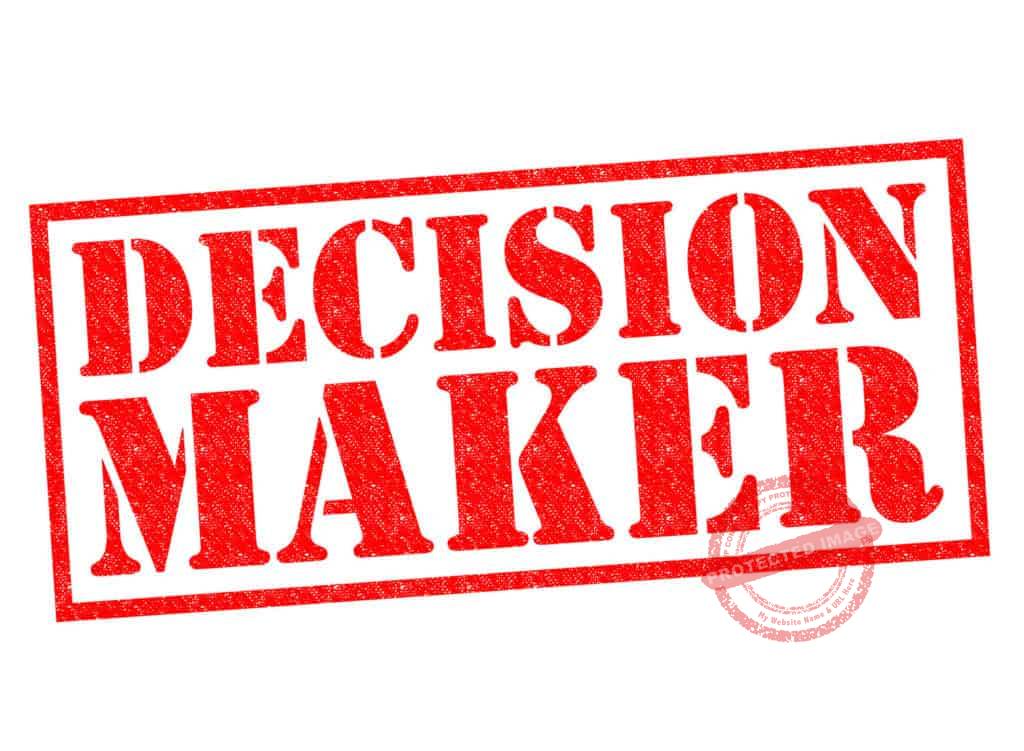
You also need to determine who should decide on the matter, especially if you’re delegating this to someone else.
Whoever is going to make the decision is usually the one who will also assume responsibility for it. Make sure that you delegate through the proper channels.
The person who will be ultimately responsible for making the decision should be fully aware of the obligations that come with it.
Know the Risks Involved
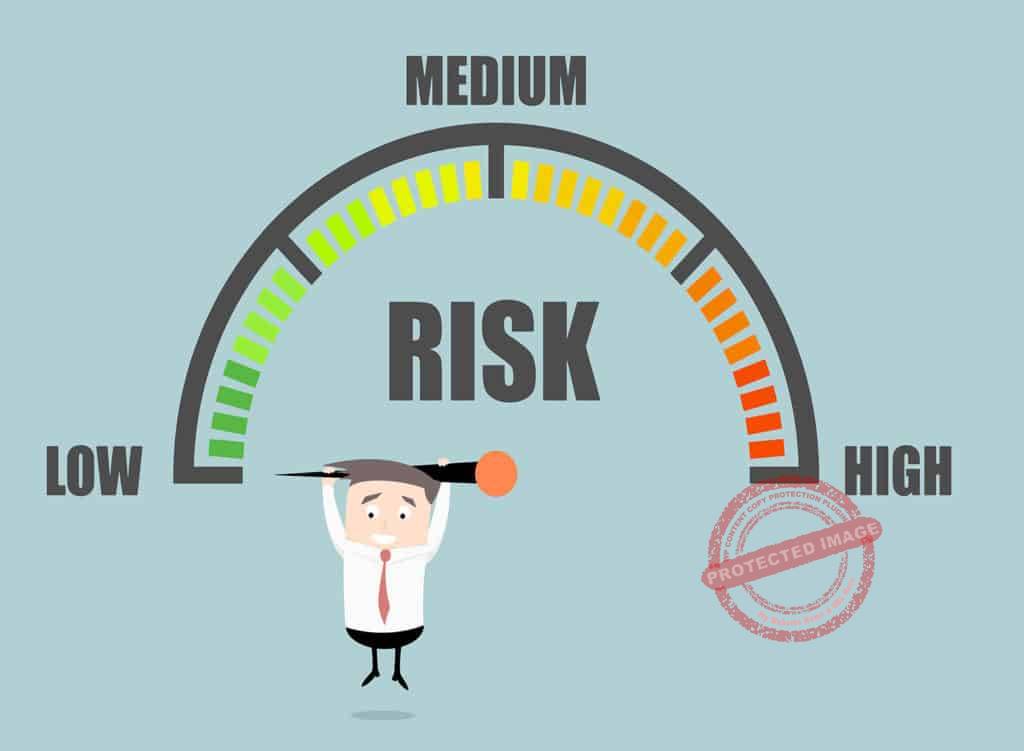
The rule of thumb is the greater the decision to be made, the more that’s at stake.
Due to this, you must know the risks involved before making a decision.
At this stage, it will help to think of what the worst possible outcome would be so that you have a good idea of the consequences that you can expect.
This is a good opportunity to check just how much you’re willing to risk for the decision that you’re about to make.
Check your Organization’s Values

Part of understanding how to make better decisions in business is going back to the values that your organization stands for.
Whenever you get stuck, it’s always a good idea to go back to the basics. Whatever decision you make, must be in the best interests of your company.
Basing your decision on your organization’s values is similar to following your moral compass.
Think of these values as a guide that will keep you on the right path.
Weigh the Pros and Cons
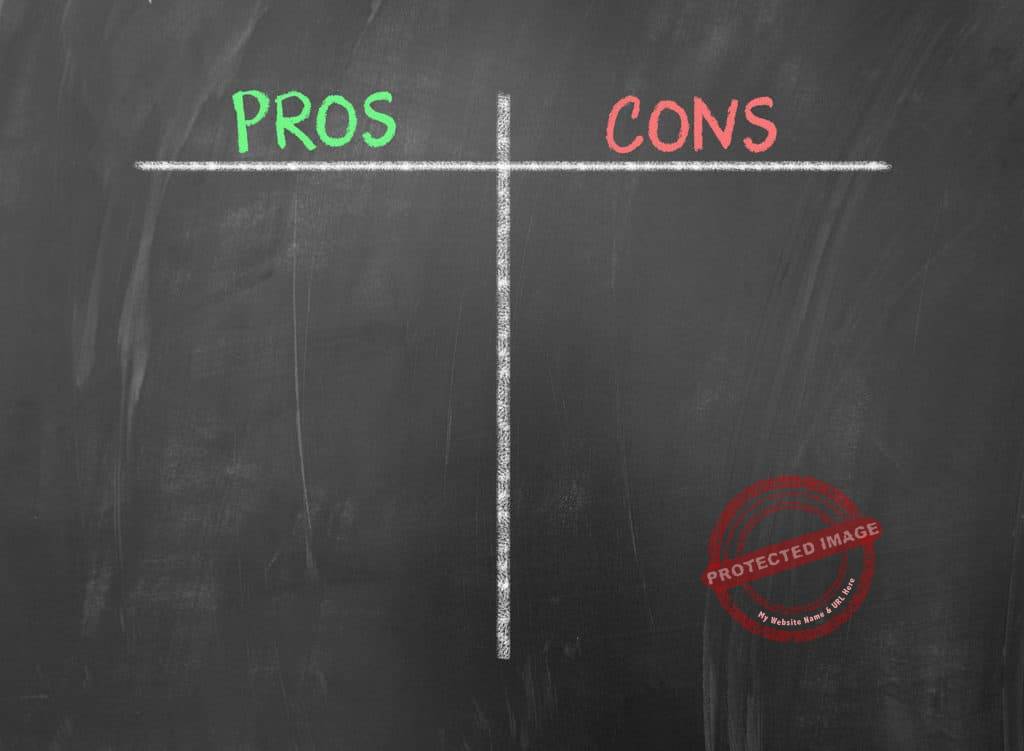
Before you can make the final decision, you need to weigh the pros and the cons of all your viable options.
This should help you get a clearer picture of the advantages and disadvantages of each.
Understanding both the good and bad points of your options can also help you prepare a contingency plan.
While there are decisions that you can easily make even without weighing the pros and cons, there are those that take a bit more work.
When this happens, try creating a “balance sheet” so that you have a visual representation of your pros and cons.
Make the Final Decision

After all that, you should be in a better position to make the final decision.
This is the stage where you make up your mind and take action.
Once you’ve made your decision, try to reflect on it one last time before you let others know.
Once you are satisfied, make the big announcement.
Have a Plan B

If ever things don’t turn out as you hoped, there’s no use thinking of the “what-ifs”.
The best you can do is revisit the decision that you made and find ways to minimize the damage or correct the mistake.
It’s also wise to have a plan B so that you’re prepared for the worst scenario. If you have the capability, try modifying your course of action.
Now, if ever there’s nothing else that you can do, just accept the decision and move on to more urgent matters.
Don’t allow a bad decision to define who you are as a leader.
Techniques to Help You Make the Right Decisions for Your Business
SWOT Analysis
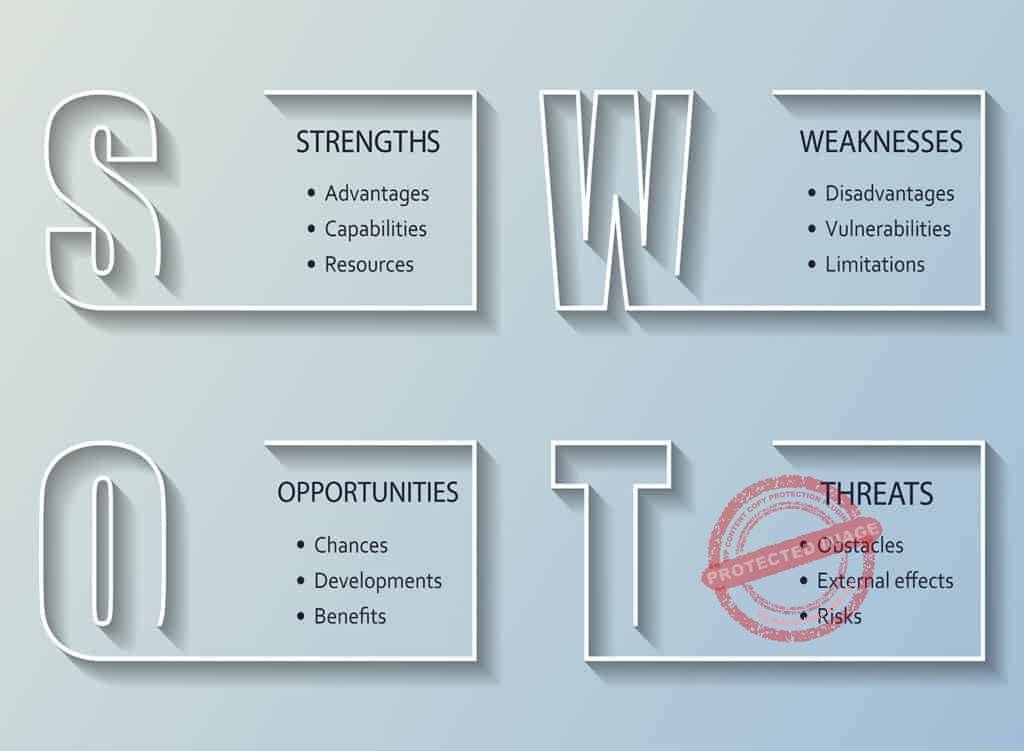
Even with dozens of different techniques available, doing a SWOT analysis is one of the most popular ways to help you know how to make better business decisions.
SWOT, stands for Strength, Weakness, Opportunities, and Threats.
This allows you to see consider these 4 aspects of effective planning and/or decision-making.
Pareto Analysis
If you need to make multiple decisions over a short time, then the Pareto analysis is the best technique to use.
The Pareto technique helps you prioritize the decisions you have to make based on which one will create the greatest impact.
PEST Analysis
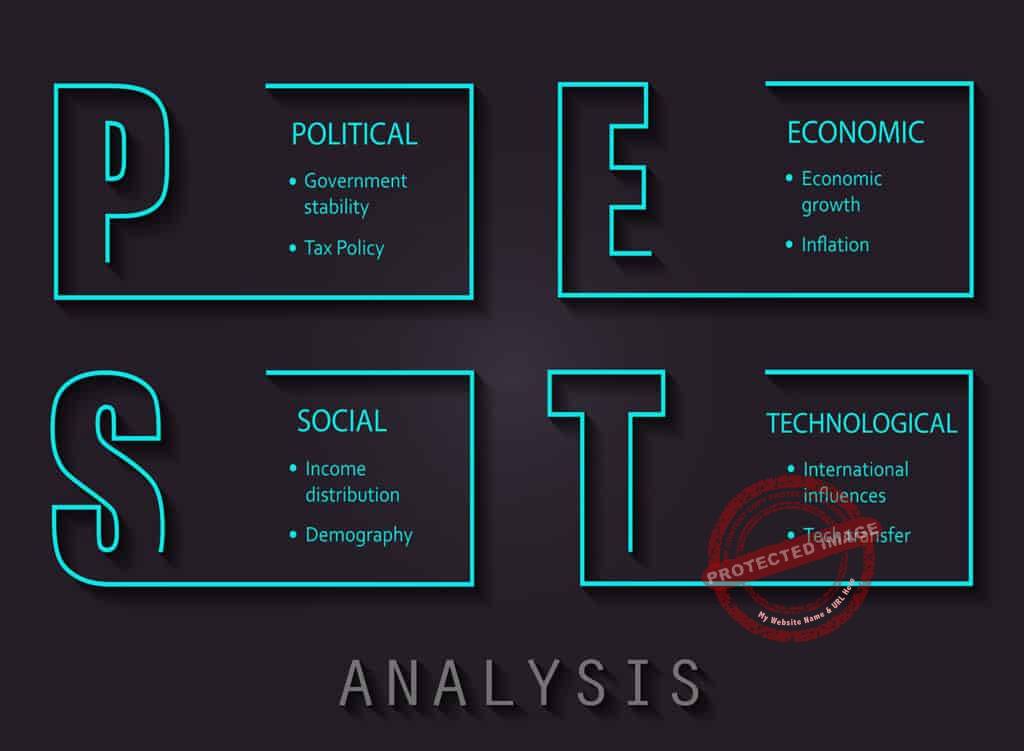
Another technique that will help you understand how to make better decisions is the PEST analysis.
PEST, or Political, Economic, Social, and Technological, will help you make sound decisions that are heavily dependent on external factors.
Cost-Benefit Analysis
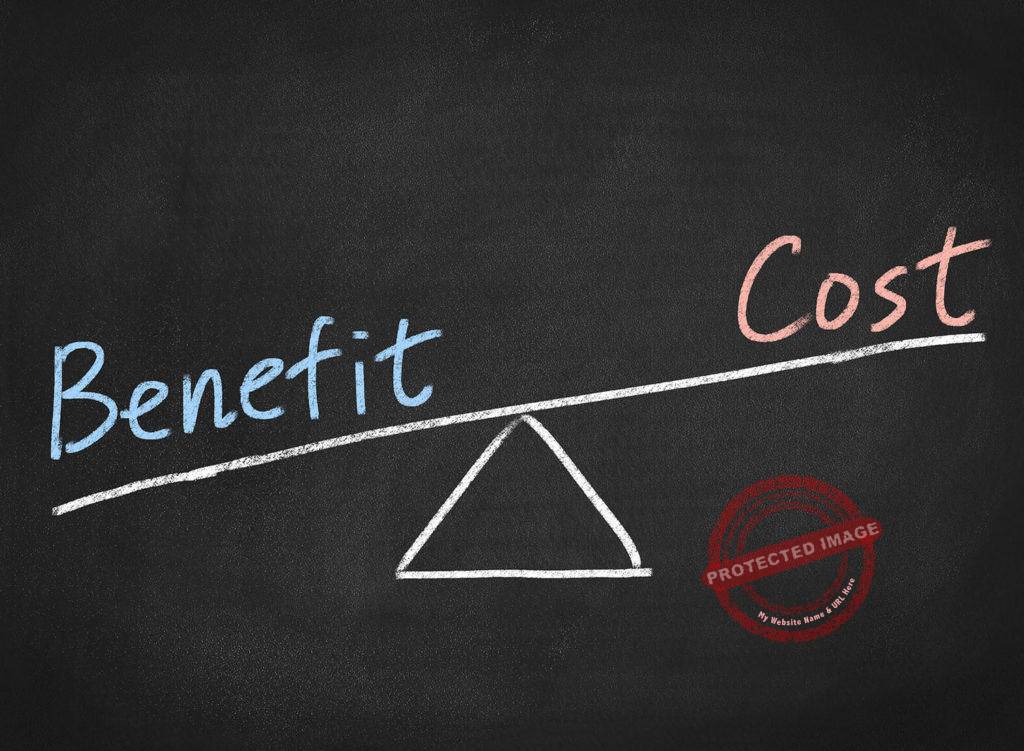
For financial decisions, the cost-benefit analysis technique will help you see which option will make the most sense from an economic perspective.
Conjoint Analysis
Want to know what your ideal consumer likes?
Then the conjoint analysis technique will help you start your market research using a survey.
Multi voting Analysis
In situations where a big group needs to make the decision, multi voting is a good technique.
Multi voting will whittle down all possible options until you get to the final decision.
This is the decision-making technique that people in a jury use to render an unbiased verdict.
T-Chart Analysis
One way to know how to make a business decision is to write a T-Chart.
A T-Chart or the “balance sheet” is the basic framework for writing down your pros and cons.
This tool ensures that you see all the positive and negative aspects of a situation before you make the final decision.
Decision Tree Analysis

A decision tree is an easy and simple technique to help you understand how to make effective business decisions.
Using a tree-like graph, you’ll be able to see all the possible consequences of your decision.
Decision Matrix Analysis
If you need to evaluate all the options you have based on how feasible they are, the decision matrix analysis is the best technique to use.
By scoring each option, you’ll be able to see the best course of action once you’ve tallied all the important factors.
Even with all these techniques, you simply can’t avoid tricky situations when they come your way.
Here’s how to make good business decisions when the going gets tough.
How to Make Good Business Decisions in Tricky Situations

If there’s only one thing that you should remember when it comes to making decisions, it’s this.
Don’t be afraid to consult someone who has more expertise than you.
If you don’t feel like you’ know enough to be able to make a sound decision, or you lack the skills to keep your business afloat, you can always hire someone from outside your organization to help you.
Sometimes, you just need to see the situation from an outsider’s perspective to gain fresh insight.
Finally,
Understanding how to make good business decisions may seem overwhelming at first, but with the right techniques, you can improve not just your decision-making skills, but also the way you run your company overall.
Click on Buy Now For a PDF Version of This Blog Post
 |


